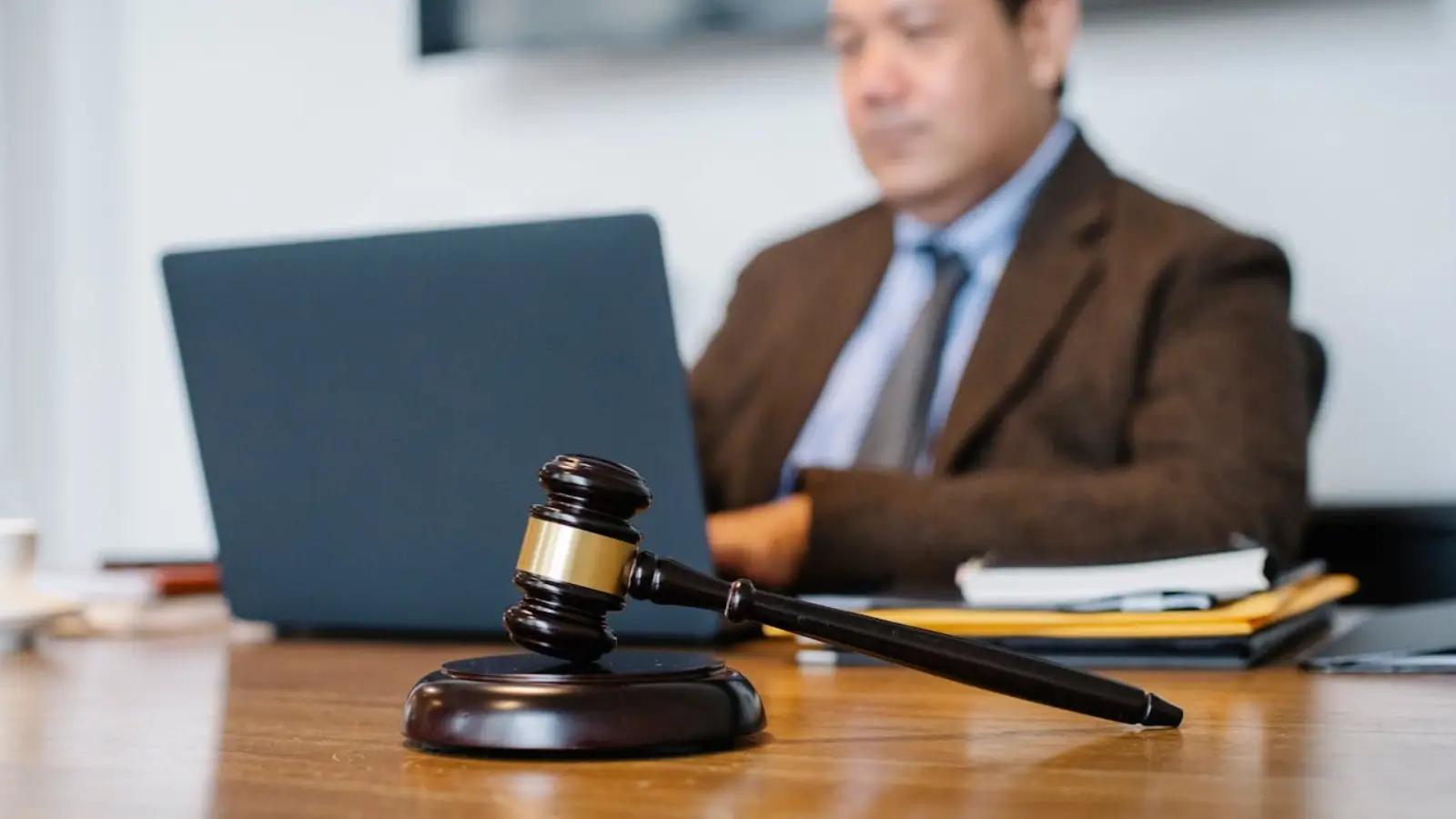


When substance use and the law collide, life can change in an instant. A single mistake, a misunderstanding, or a moment of poor judgment can lead to serious consequences that ripple across every part of a person’s life. Having someone knowledgeable in drug case legal defense in Houston becomes not just important, but essential. A skilled substance abuse lawyer offers more than legal representation; they provide guidance, structure, and understanding during a time when everything feels uncertain. Their work bridges the gap between legal defense and personal recovery, helping clients move toward resolution with both accountability and compassion.
Substance-related charges often come with layers of complexity that extend beyond the courtroom. They can affect employment, family relationships, and reputation, creating a sense of chaos that can be hard to face alone. This is where the role of a defense attorney takes on a deeper meaning. A good lawyer doesn’t just look at the charge itself, they look at the person behind it.
Their job is to examine every aspect of the situation, from the evidence gathered by law enforcement to the procedures followed during arrest. They search for any inconsistencies, rights violations, or weak points in the prosecution’s case. That detailed focus is what transforms a defense from reactionary to strategic.
Dealing with a substance-related charge isn’t just about the legal process, it’s about addressing the personal side of addiction too. Courts are increasingly recognizing that treatment, rather than punishment, can be a more effective way to achieve long-term change. Substance abuse lawyers understand this evolving perspective and use it to their clients’ advantage.
They often help clients explore alternative programs, such as rehabilitation or diversion options, that can satisfy court requirements while supporting recovery. This approach turns what might feel like the end of the road into a chance to rebuild. It’s about demonstrating to the court that a client is taking steps to improve, which can influence everything from sentencing decisions to the overall outcome of the case.
Every defense begins with one key principle: no two cases are the same. A knowledgeable attorney takes time to learn the story behind the charge. What led up to the incident? Were there external pressures, emotional struggles, or mitigating circumstances? This human context often plays a critical role in shaping the strategy.
Once the facts are gathered, the attorney begins identifying weaknesses in the prosecution’s claims. Was the search and seizure conducted legally? Were proper procedures followed when collecting evidence? Was any part of the arrest handled in a way that violated constitutional rights? Each of these questions can uncover vital opportunities to challenge the charges or even have them dismissed entirely.
In cases involving drugs or alcohol, evidence can include everything from chemical test results to police reports and witness statements. However, not all evidence is as reliable as it appears. Attorneys trained in drug and alcohol defense know how to scrutinize these details with precision.
They review the chain of custody for substances, ensuring there were no errors in handling. They analyze whether testing equipment was properly calibrated, and whether officers followed the correct procedures during sobriety checks or searches. A single procedural mistake can make a significant difference, which is why attention to detail is the cornerstone of an effective defense.
Preparation extends beyond documents and testimony. Attorneys also prepare their clients, helping them understand how to handle court appearances, questions, and communication with law enforcement. Knowing what to expect can reduce anxiety and help clients present themselves clearly and confidently.
Sometimes the best outcome doesn’t happen in the courtroom, it happens before a trial ever begins. A large part of a substance abuse lawyer’s work involves negotiation with prosecutors. These discussions can lead to reduced charges, plea agreements, or alternative sentencing arrangements that minimize long-term damage.
Experienced attorneys know how to frame these negotiations effectively. They present evidence of rehabilitation efforts, character references, and proof of commitment to change. Prosecutors and judges often respond more favorably when they see that a defendant is not only fighting the charge but also working to address its underlying causes. This balance between legal skill and human understanding often opens the door to better outcomes.
Cases involving substance use often carry stigma, and that alone can make it difficult to seek help. Many people fear judgment or exposure, which is why confidentiality is a vital part of any defense relationship. Lawyers who specialize in substance-related cases understand the sensitivity of these situations and protect their clients’ privacy at every stage.
Beyond confidentiality, compassion plays an equally important role. Facing addiction and legal issues simultaneously can leave anyone feeling defeated. A defense attorney who approaches the case with empathy helps clients see a way forward. That sense of partnership can make the difference between giving up and fighting for a better outcome.
Interestingly, some substance abuse lawyers also assist other legal professionals who struggle with addiction. The pressures of the legal field, long hours, high stakes, and constant performance demands, can take a heavy toll. Attorneys in this area understand those challenges and can help colleagues seek treatment or navigate disciplinary proceedings confidentially.
This specialized support demonstrates how substance abuse law reaches beyond defense and into personal restoration. It’s a reminder that addiction doesn’t discriminate, and that recovery, coupled with the right guidance, can restore not only careers but lives.
The modern legal system is shifting toward a more rehabilitative approach in drug and alcohol-related cases. Instead of focusing solely on punishment, courts now emphasize programs that promote recovery and reduce repeat offenses. A skilled defense lawyer knows how to leverage this trend, advocating for solutions that align with both the client’s best interest and the court’s expectations.
Options like counseling, therapy, or monitored treatment programs can often replace harsher sentences. The goal isn’t to escape accountability but to ensure that it leads to growth instead of long-term harm. This balanced perspective often resonates with judges and prosecutors who understand the realities of addiction.
Even after a case concludes, the effects of a drug or alcohol-related charge can linger. Criminal records can influence employment opportunities, housing applications, and even personal relationships. A good attorney doesn’t stop at the verdict; they help clients explore expungement, record sealing, or post-conviction relief when possible.
This step ensures that clients have a fair chance at rebuilding their lives. By addressing both the immediate and lasting consequences, the defense becomes part of a bigger journey toward stability and self-improvement.
No one plans to face criminal charges, especially when those charges stem from issues as personal as addiction. Yet the right defense team can turn that experience into an opportunity for change. A substance abuse lawyer not only protects legal rights but also helps clients regain control of their story.
Through strategy, compassion, and persistence, they work to balance justice with understanding. For many people, that balance marks the beginning of recovery, not just from the legal case, but from the circumstances that led to it.
At its core, the work of a substance abuse lawyer is about second chances. It’s about standing beside clients at one of the hardest moments of their lives and guiding them through the storm with clarity and care. Whether the charge involves possession, DUI, or more complex allegations, the approach remains the same, protect the person, uphold their rights, and help them find a path forward.
In a world that can be quick to judge, these attorneys bring perspective and compassion back into the conversation. They remind everyone involved that accountability and empathy can coexist, and that even in the face of serious legal challenges, there is always room for redemption and rebuilding.